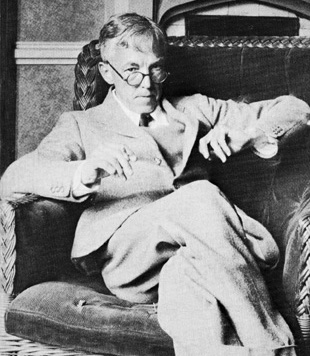
In his landmark publication, A Mathematician’s Apology, number theorist, Godfrey H. Hardy was unapologetic about the fact that number theory, unlike applied mathematics, had no real application to anything of use, stating:
The “real” mathematics of the “real” mathematicians, the mathematics of Fermat and Euler and Gauss and Abel and Riemann, is almost wholly “useless,” …, and both Gauss and lesser mathematicians may be justified in rejoicing that there is one science, … , whose very remoteness from ordinary human activities should keep it gentle and clean.
Ironically, the RSA cryptosystem, based on such “useless” ideas, found extensive use by financial institutions in protecting confidential information. In fact, as we moved into the information age, cryptography came to the forefront of important applications in mathematics. In
In The Code Book , author Simon Singh observed:
Although cryptography is now having a major impact on civilian activities, it should be noted that military cryptography remains an important subject. It has been said that the First World War was the chemists’ war, because mustard gas and chlorine were employed for the first time, and that the Second World War was the physicists’ war, because the atomic bomb was detonated. Similarly, it has been argued that the Third World War would be the mathematicians’ war because, mathematicians will have control over the next great weapon of war–information. Mathematicians have been responsible for developing the codes that are currently used to protect military information. Not surprisingly, mathematicians are also at the forefront of the battle to break these codes.
Although number theory has turned out to have many significant applications, its lure, for those interested in mathematics, lies in its remarkable patterns and properties that can be explored by people without a sophisticated mathematical background, as well as mathematicians well-schooled in mathematical techniques and concepts. Indian mathematician, Srinivasa Ramanujan, without the formal mathematical background offered at British universities, was able to discover mathematical relationships using only his intuition and his problem-solving skills.
Yet, number theory offers an intellectual challenge for even those who have been immersed in its study for decades. Fermat’s Last Theorem though easy to state and comprehend, was extremely difficult to prove and required a knowledge of some very sophisticated concepts. The Riemann Hypothesis, that is more difficult for the layman to understand, has so far eluded the greatest mathematical minds. However, conjectures such as these present an irresistible challenge to anyone who aspires to conquer mountains never scaled before.
In his comments, Eric Platt shares his perspective. https://qr.ae/pyktxQ
